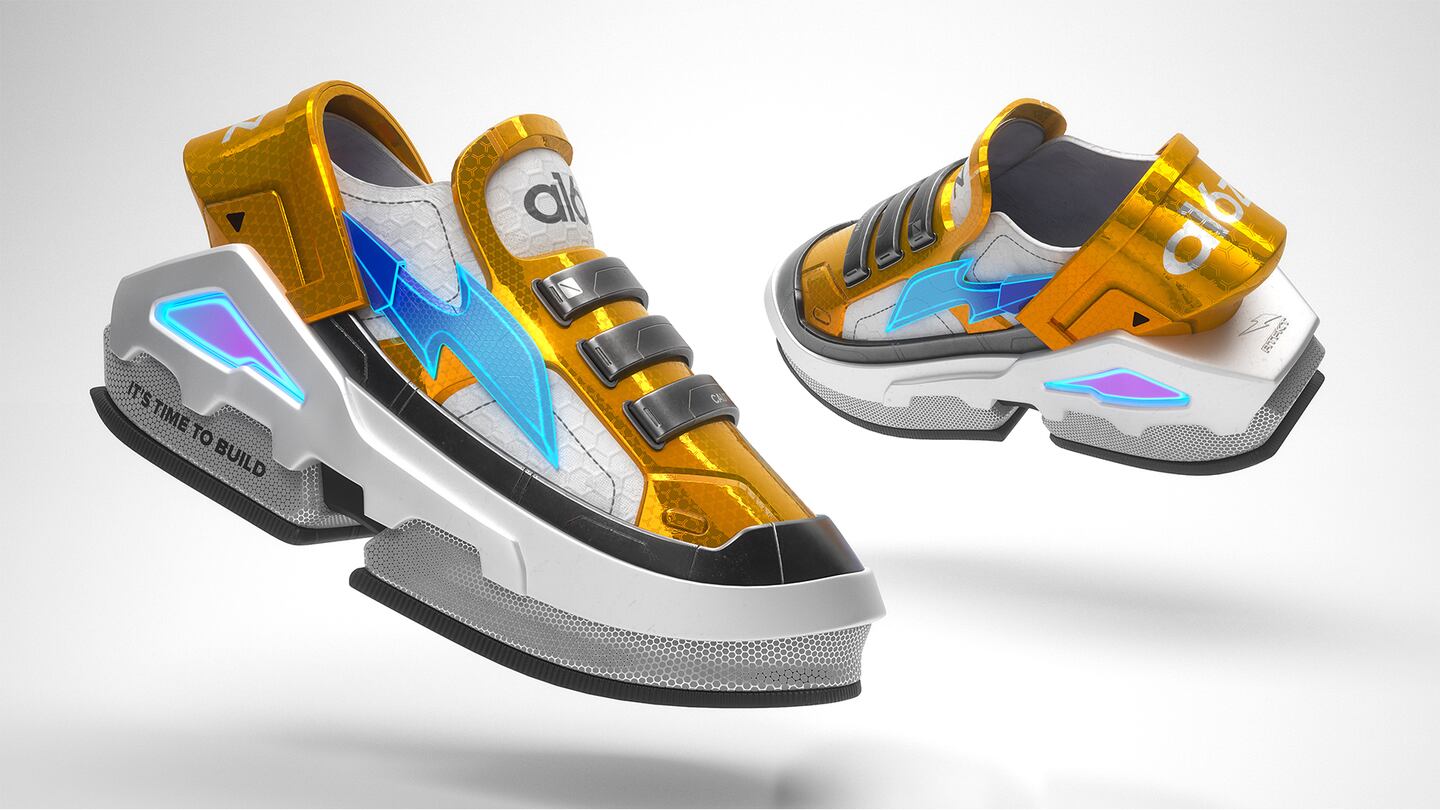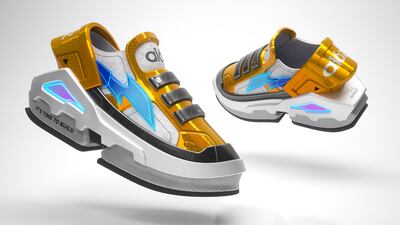
The Business of Fashion
Agenda-setting intelligence, analysis and advice for the global fashion community.

Agenda-setting intelligence, analysis and advice for the global fashion community.

RTFKT, the virtual fashion platform that specialises in digital sneakers and other accessories, raised $8 million in funding in a round led by venture capital firm Andreessen Horowitz, citing plans to grow its team and build out its online marketplace. C Ventures, backed by retail magnate Adrian Cheng, Galaxy Digital and Shrug Capital, among others, also participated in the funding round.
The company made headlines earlier this year after issuing NFTs — non-fungible tokens — of virtual sneakers in a collaboration with digital artist Fewocious. It sold $3.1 million worth of product in seven minutes, with each pair priced from $3,000 to $10,000. Investors are now looking to expand RTFKT’s development into the world of gaming and blockchain technology.
“RTFKT is leading the way in building the bridge between digital and physical fashion ... As we spend more time in virtual worlds, I believe that we will care just as much about our digital sneakers and handbags as we do our physical ones,” Jonathan Lai, a partner at Andreessen Horowitz who led the firm’s investment in RTFKT, said in a statement. “Over the past decade, games have evolved from entertainment into social networks — for many folks today, games are the new mall and sports bar.”

RTFKT officially launched in January 2020 and became profitable that same year. The NFT boom has given the company a substantial boost: Its 2021 revenue is currently at $4.5 million, compared to $600,000 for all of 2020. Founders Benoit Pagotto, Chris Le and Steven Vasilev are currently the only full-time employees, but will be scaling the team to include engineers, designers and gaming experts to further develop utilities for NFTs across gaming and augmented reality.
ADVERTISEMENT
Access to capital has been a barrier for virtual fashion companies looking to scale, with some investors wary of issues like interoperability between platforms and utility. Gaming, metaverses and augmented reality experiences for virtual fashion are still in the early stages of development, and building out technology for each channel has its own unique challenges.
NFTs are also a developing and at times volatile market, with cryptocurrency and NFT valuations fluctuating wildly. Still, RTFKT has increasingly shown there is high demand for its virtual products: a recent drop in collaboration with digital fashion house The Fabricant sold out in under 15 minutes.
With this new funding, RTFKT is hoping to expand the use case for NFTs by building out a companion app for virtual try-ons and content creation, along with other projects for its users to connect further with their purchases. The company will also use the capital to build out its platform for NFTs and support digital designers that create them, with plans to launch a fund for creators in the future.
“Our main long term goal is to create a platform where we can bring on new creatives, they’re able to freely monetise their ideas and really embrace what’s possible with the use of NFTs,” said co-founder Steven Vasilev. “In the future we see NFTs as keys or passports into experiences, games or virtual events.”
It’s a good time to be in the virtual world: virtual experiences exploded during the pandemic, with Gen Z and Millennials pouring money into products and services on online games like Roblox, which went public this year.
Traditional players are also entering the space. In March, Gucci released virtual sneakers available to be used in Roblox and virtual reality chat as well as L’Oreal’s first line of virtual makeup products for Snapchat, Zoom and other video try-ons.
Related Articles:
Brands are using them for design tasks, in their marketing, on their e-commerce sites and in augmented-reality experiences such as virtual try-on, with more applications still emerging.
Brands including LVMH’s Fred, TAG Heuer and Prada, whose lab-grown diamond supplier Snow speaks for the first time, have all unveiled products with man-made stones as they look to technology for new creative possibilities.
Social networks are being blamed for the worrying decline in young people’s mental health. Brands may not think about the matter much, but they’re part of the content stream that keeps them hooked.
After the bag initially proved popular with Gen-Z consumers, the brand used a mix of hard numbers and qualitative data – including “shopalongs” with young customers – to make the most of its accessory’s viral moment.